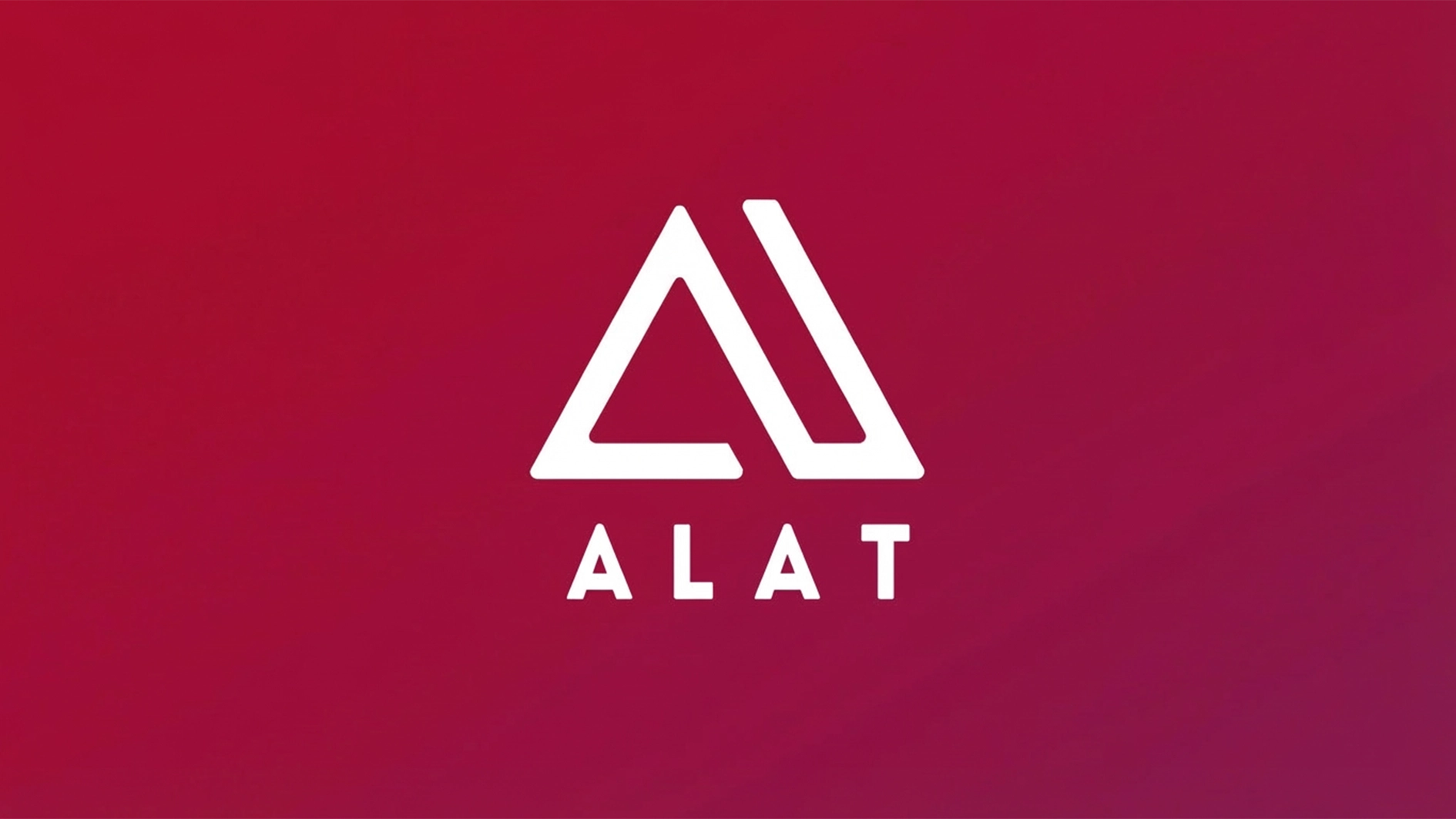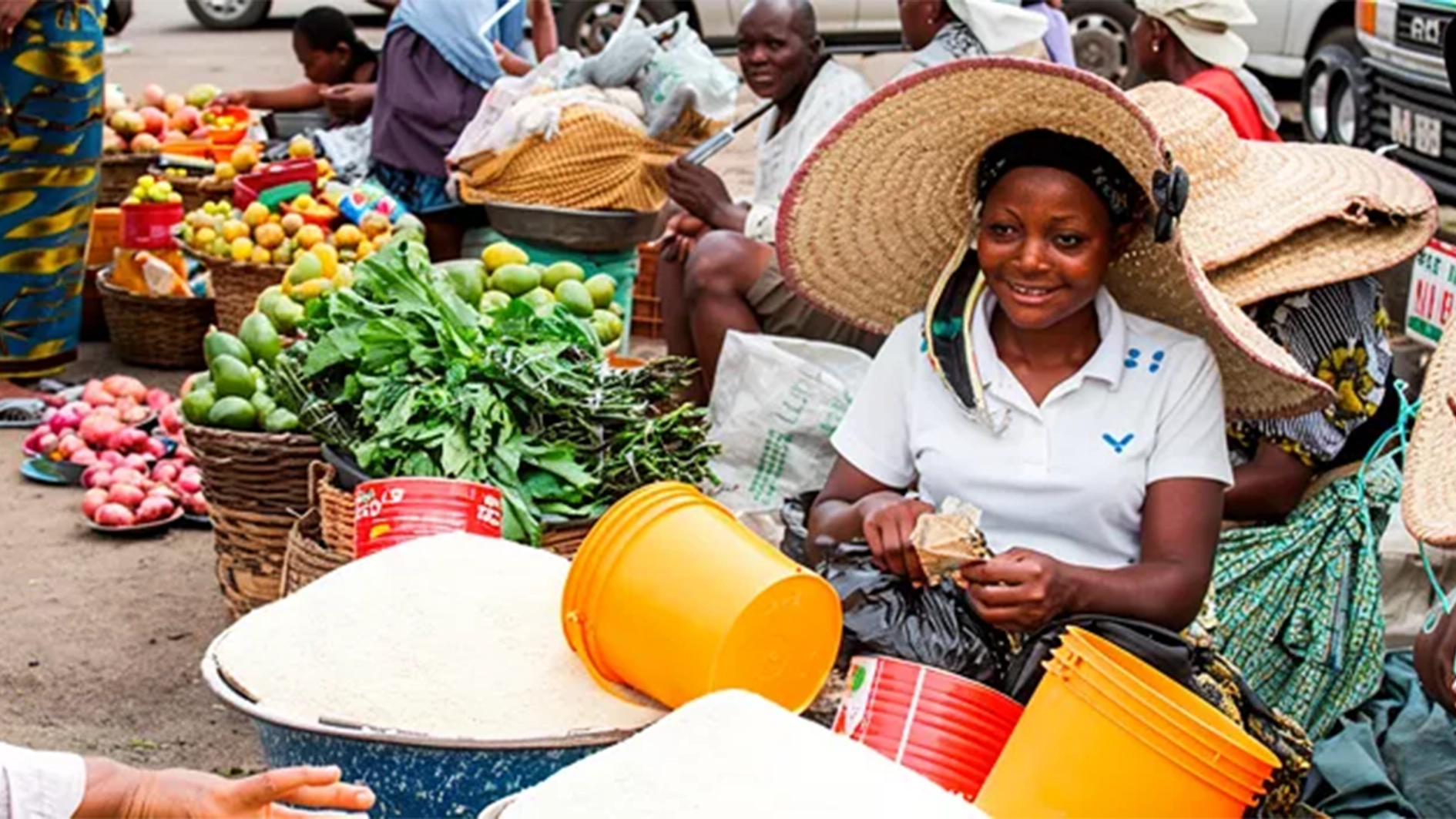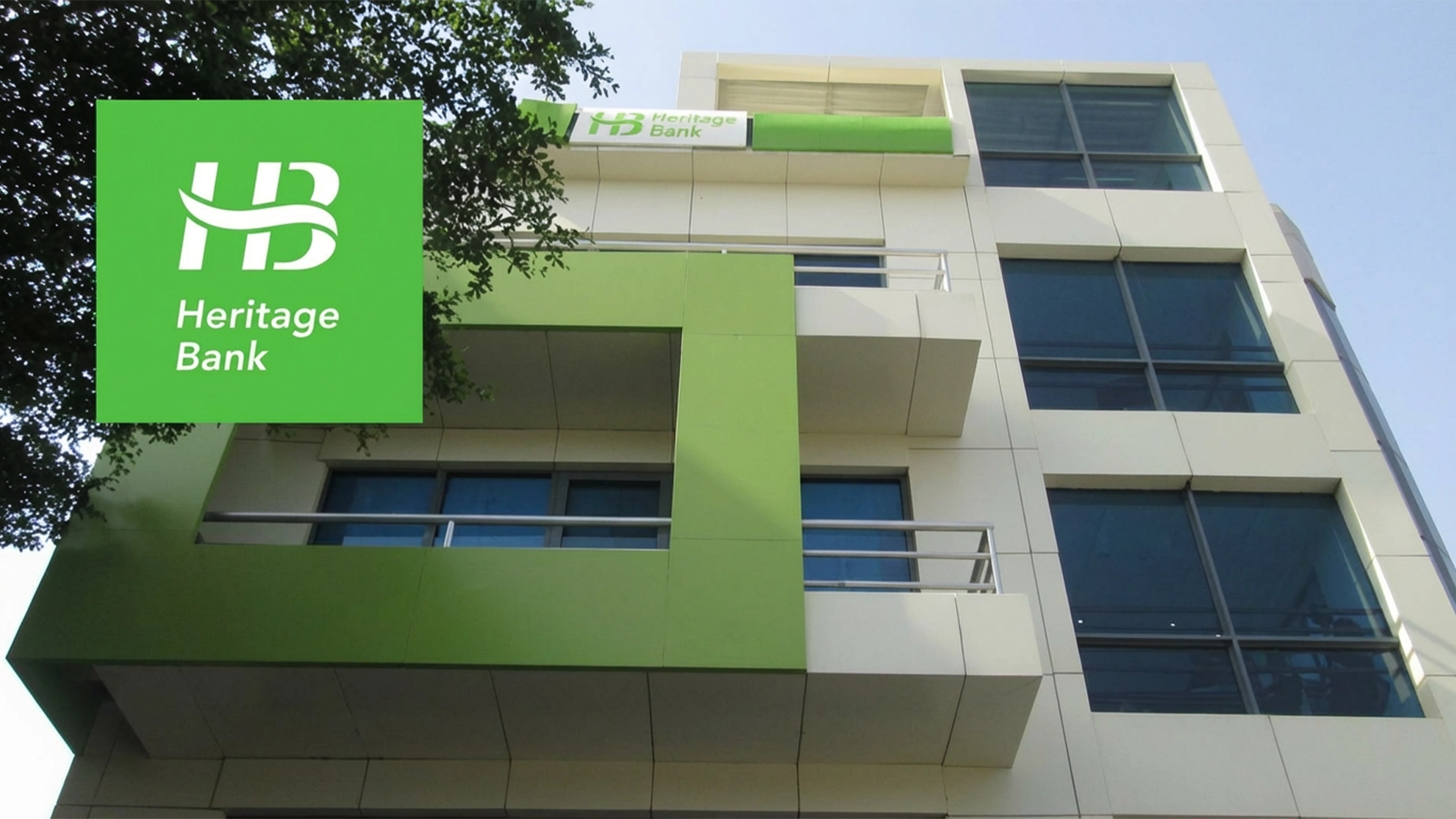
Although OPEC+ agreed at the weekend to extend 9.7million barrels cuts in daily crude oil production through the end of July, lending oil prices some support, operators in the exploration industry are hopeful that the cuts would be sustained to aid production and business sustainability.
In the course of global lockdown, the ensuing energy imbalance affected oil producers and prices such that business sustainability was threatened and capacity to service over N3.4 trillion loans weakened.
With the lockdown lifted and oil prices rebounding, African Energy Chamber believes that liquidity challenges will be addressed. According to the chamber, the rebalancing of the market is key for African oil-producing nations to preserve jobs in the sector and give the continent an opportunity to stabilise and recover.
For Nigeria, a continuous rise in oil prices will further strengthen the country’s capacity to finance its budget and increase reserves.
Brent traded lower at $40.88 yesterday around 6:30pm local time, while Nigeria’s Bonny Light rose by 7.58 per cent to $41.17 per barrel.
“OPEC is taking the right steps to respond to the market and should be commended. Uncertainty is bad for the oil industry and the extension of OPEC’s cuts ensures market stability,” declared NJ Ayuk, Executive Chairman at the African Energy Chamber.
“African energy companies and even state companies are facing a battle with liquidity because of the price war and the coronavirus. They do not have state bailouts as their Western counterparts. We hope the production cuts will give the market a boost, however compliance and collaboration from the G20 is key. OPEC has proven its ability to show leadership in times of crisis. We are all in this together,” added Ayuk.
Global research body, Wood Mackenzie noted that the extension would tighten the market further and could see Brent prices rise from the current $40/bbl toward $45-to-$50/bbl.
The organisation’s vice president, Macro Oils, Ann-Louise Hittle, said the 9.7 million b/d production cuts were already working, stressing that extending them an extra month would tighten market more quickly.
“In Wood Mackenzie’s view, the fundamentals show the oil market is recovering from March’s price shock. Supply has shifted dramatically, with total world supply on average for the second quarter down by a steep 6 million b/d from the first quarter of 2020.
“Global demand is recovering too, with both May and June climbing from the low seen in April as the coronavirus-related shutdowns continue to ease,” she said.
Nigeria’s Minister of State for Petroleum Resources, Timipre Sylva yesterday said the country would fully comply with efforts being made by the Organisation of Oil Producing Countries (OPEC) to rebalance oil market, the cartel and other stakeholders are hopeful that the current increase in the price of oil may continue improve.
Sylva, who reacted to the meeting of OPEC and other allies known as OPEC+ said Nigeria would collaborate with other nations in the historic efforts to adjust crude oil production towards rebalancing and stabilising the global crude oil market.
Sylva, in a statement by his spokesperson, Garba Deen Mohammad said: “Nigeria also subscribes to the concept of compensation by Countries that are unable to attain full conformity (100 per cent) in May and June 2020 to compensate for it in July, August and September 2020
“We are in full alignment with the decision to closely monitor the market dynamics and it is our conviction that the current gradual recovery being witnessed will be sustained to full traction.
“We reiterate our resolve to conform with the decisions reached under the auspices of the 11th OPEC/Non-OPEC Declaration of Cooperation meeting.”
OPEC Secretary-General, Mohammad Sanusi Barkindo, who spoke at the meeting had noted that since the producers entered into the agreement of cutting production in May, there have been tentative signs of recovery in the market. To him, the recovery has been aided by the additional adjustments from Saudi Arabia (one million barre per day ); the UAE (100, 000 b/d); Kuwait (80, 000 b/d); and Oman (15, 000 b/d).
“The very early green shoots of a revival are evident; we do hope that we have turned a corner. Nevertheless, global oil demand is still expected to shrink by more than 17 mb/d in the 2Q20, and while it is expected to ease in the second half of the year, for the whole of 2020 the contraction is still forecast to be around 9.1 mb/d. This will bring global oil demand to 90.6 mb/d; back to levels last seen before the 2014-2016 market downturn.
“It underscores the fact that we cannot rest on our laurels. We need to maintain the laser focus on helping bring supply and demand back into balance and providing a more stable market in the coming months. This is not the time to stand back and admire what we have achieved thus far; we do not want to jeopardize these successes in any way,” Barkindo stated.






